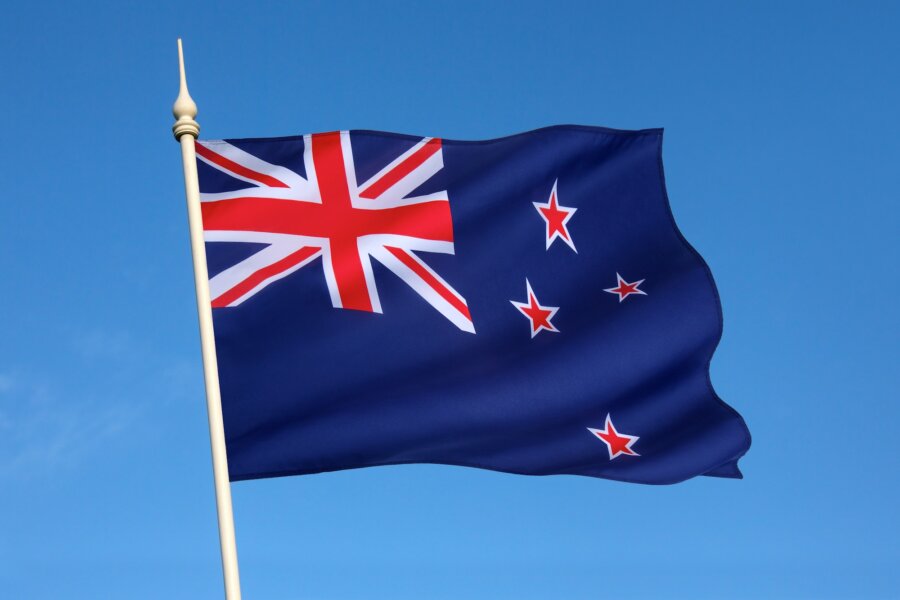Flags are an important symbol of a country’s identity, and the New Zealand flag is no exception. While it might not be as famous as other flags, such as the United States or the United Kingdom, the New Zealand flag has a rich history and a unique design that reflects the country’s values and culture.
A Brief History of the New Zealand Flag
The history of the New Zealand flag dates back to the 1830s, when New Zealand was under British rule. The first design was the British Blue Ensign with the Southern Cross constellation added. In the late 1800s, a competition was held to design a new flag for New Zealand, and the winning design featured a blue field with the Union Jack and four red stars representing the Southern Cross. This design became the official flag of New Zealand in 1902 and remained in use for over a century.
In recent years, there has been debate about changing the flag, with some arguing that the Union Jack is outdated and no longer representative of New Zealand’s identity. In 2016, a referendum was held, and most New Zealanders voted to keep the current flag.
The Story Behind the New Zealand Flag
The design of the New Zealand flag features the Union Jack, representing the country’s British heritage, and four red stars representing the Southern Cross constellation. The blue background symbolizes the Pacific Ocean, which surrounds New Zealand.
The flag has a deeper meaning for New Zealanders beyond just being a symbol of their country. It represents the unique history and culture of New Zealand and symbolizes the values of unity, diversity, and independence. The flag is also an emotional connection for many New Zealanders, especially in times of celebration and tragedy, such as the 2019 Christchurch mosque shootings.
The New Zealand flag is more than just a piece of cloth. It represents the identity and values of a country and has a deep emotional connection with its people. While there may be debates about changing the flag in the future, the current design will continue to be an important symbol for New Zealanders.




